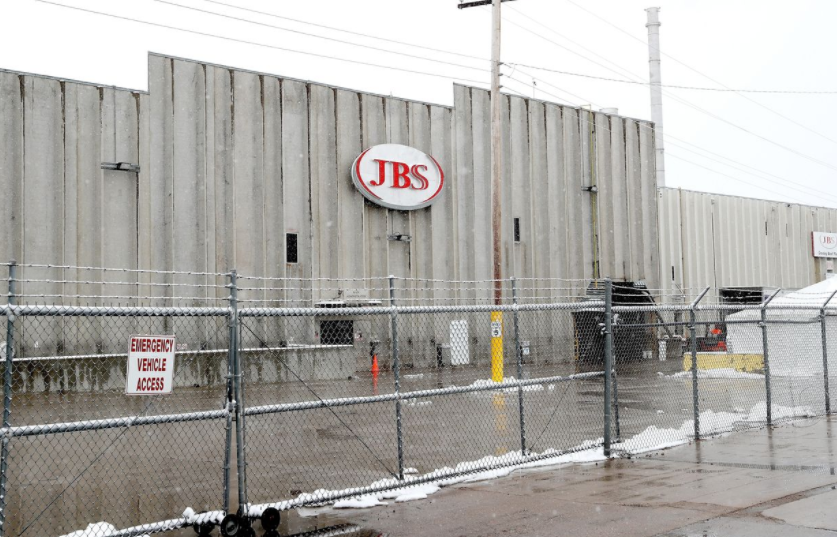Insurers Being Directed to Accept Claims of Some Front-Line Workers

Why So Many Covid-19 Workers’ Comp Claims Are Being Rejected
Employees who allege they contracted coronavirus on the job can face a
high bar to prove their cases
Determining where a person contracted Covid-19 is proving to be a difficult
legal puzzle.
In many workers’ compensation cases, carriers said individuals were most
likely infected in their off hours, while workers’ attorneys said their clients’
Covid-19 cases were directly linked with unsafe job environments.
Insurance carriers and business groups feared at the start of the pandemic that
they would be overwhelmed by workers’ comp claims related to Covid-19. That
concern intensified as more than a dozen states passed laws giving some
employees including nurses and firefighters a presumption of eligibility, or
access to workers’ comp coverage without requiring them to prove infections
occurred on the job.
Those fears turned out to be unfounded. Workers filed hundreds of
thousands of virus-related claims in 2020, but those cases, according to state
and industry data, were more than offset by a steep drop in non-Covid-19 claims
as layoffs, shutdowns and remote work reduced the number of workplace accidents
and injuries.
&uuid=(email)) The
data also suggest that carriers are denying a significant percentage of
claims related to Covid-19, even in states with the so-called
presumptive-eligibility rules. Through these measures, insurers are directed
to accept the Covid-19-related claims of some front-line workers, bypassing
the usual step in which workers have to prove their accident or illness occurred
while at work.
The
data also suggest that carriers are denying a significant percentage of
claims related to Covid-19, even in states with the so-called
presumptive-eligibility rules. Through these measures, insurers are directed
to accept the Covid-19-related claims of some front-line workers, bypassing
the usual step in which workers have to prove their accident or illness occurred
while at work.
Not all filed claims are from front-line workers, the data show; carriers have
received claims from office workers, airline employees and people who work in
the arts and finance.
In the first three quarters of 2020, workers’ compensation payments and
liabilities were 7.6% lower than in the same period of 2019, according to
the National Council on Compensation Insurance, a trade group. That decrease is
partly because insurers received fewer than expected Covid-19-related claims for
long hospitalizations and deaths, said Donna Glenn, the group’s chief actuary.
No comprehensive national data exist on the number of Covid-19-related claims,
payouts, denials and acceptances, but several states have released data on
workers’ compensation payouts. The numbers suggest the majority of Covid-19
claims have been relatively inexpensive for insurance companies, Mr. Lynch
said. Claims have been denied at higher rates in states that don’t give
automatic eligibility to certain workers, according to data from several states.
In Texas, where no presumption of eligibility for Covid-19 exists, more than
32,000 claims related to Covid-19 were filed through Dec. 6. Insurers denied 45%
of those in which workers produced a positive Covid-19 test, according to the
state’s Department of Insurance. In California, which has a broad presumption
law for certain lines of work, workers filed 93,470 claims related to Covid-19
through the end of December; 26% were denied.
Claims stemming from Covid-19 present a unique challenge. Most workers’ comp
claims involve injuries and accidents that happen on the job. Typically, an
illness can only be covered if it is specific to a profession—for instance,
certain respiratory illnesses for firefighters—and not, say, a case of the flu
acquired from a sick co-worker. There is still legal ambiguity over whether
Covid-19 qualifies as an “occupational disease” arising directly out of some
work environments.
With Covid-19, the source and cause of an infection has to be determined on a
case-by-case basis, said Malcolm Crosland, an attorney in Charleston, S.C.,
and president of the Workers’ Injury Law and Advocacy Group, a professional
association of attorneys. The bar to prove infection at the work site is
high.
“Your client needs to establish that there was no other known source of exposure
other than the workplace,” Mr. Crosland said.
That process is slowing many claims. Heather Kaplan, a workers’ compensation
lawyer on New York’s Long Island, has filed around 20 claims related to
Covid-19. “Every single one has been denied, including claims from medical
workers,” she said. Each claim then has to be fought in court hearings
before judges.
wsj.com